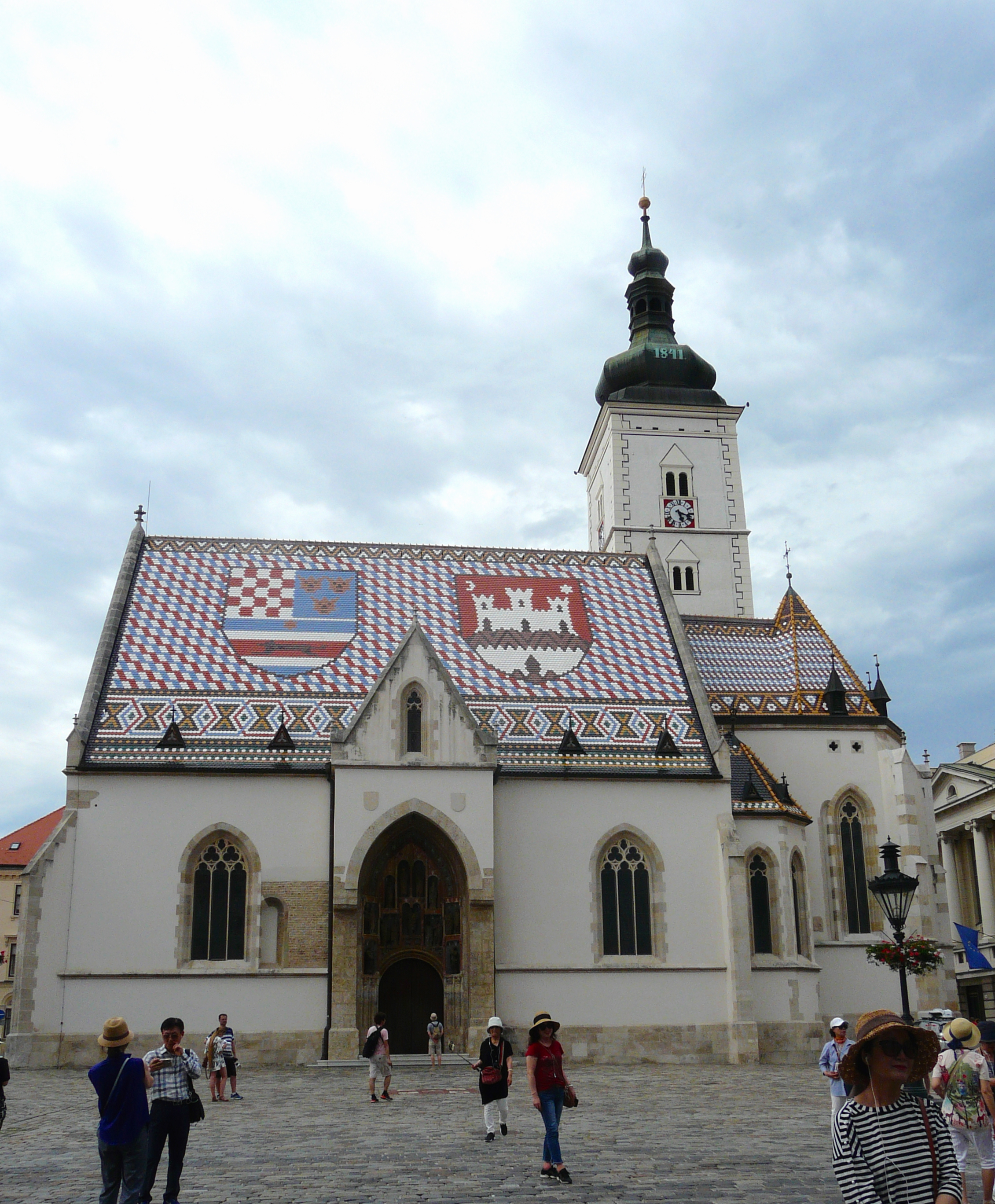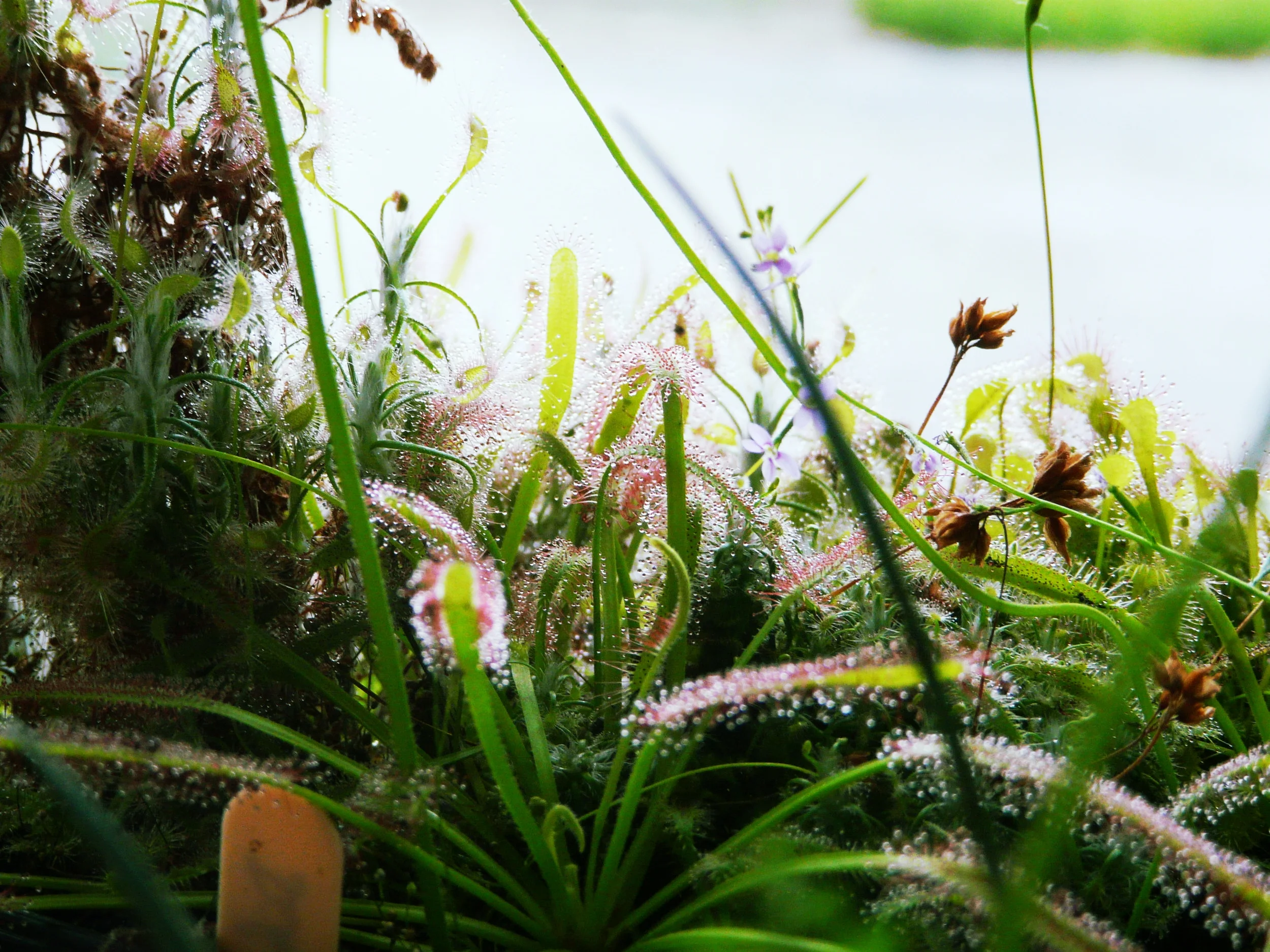Notes from the Field (xv)
Owls atop the Croatian State Archives (formerly the National & University Library).
From Zadar we caught the bus to Zagreb. The University of Zadar scholars were running another tour an agricultural area that day, but I was anxious to get to Zagreb and work out the layout of the city before the environmental history conference started.
I always enjoy travelling on public transport because I can read, or look out the window. As we bussed out of the city and started climbing into the mountains, the landscape changed. The karst limestone gave way to tall pines which, with the elevation, made the environment seem more European than Mediterranean. The bus trip was only about four hours, and when we arrived we caught a tram west (a friendly local explained how the tickets worked) and then walked up a steep hill to reach the apartment in which we were staying. It belonged to a writing friend’s father, and I bowled over by his generosity in hosting us.
St Mark’s Church
Once we downed our bags, we found lunch a German beer garden then we walked up to Markova Square in Upper Town. The cobbled square houses the Croatian parliament and St Mark’s church, which has an amazing tiled roof with the Mediaeval coat of arms of Croatia, Dalmatia and Slavonia on the left side and the emblem of Zagreb on the right. We were there, however, to see the Museum of Broken Relationships, housed in a former baroque palace. Small objects lined the walls, each with a story of heartbreak. Some of them were funny (‘His dog left more traces than he did’), and some were dreadfully sad (a child never had the chance to say goodbye to their parent). As with most of my museum-going, I became saturated pretty quickly, but b/f looked at each exhibit in turn. I assumed that he found it moving because, unusually, he took my hand and held it for a while as we walked back to the apartment.
Dolac Market
The following morning was free, as the conference didn’t begin until that afternoon. We moseyed along the streets to Dolac Market, a sea of red umbrellas shading piles of fruit and vegetables and bottles of olive oil. We snapped pics of the Cathedral of the Blessed Virgin Mary (currently undergoing renos) in Kaptol Square, then wandered down to the University of Zagreb. I left b/f to his own devices, registered at the conference and went to two sessions, then met him again for the keynote, which was on climate change and migration. Unfortunately my Roger microphone, which I use for listening, doesn’t work at long distances so I couldn’t hear anything of it, and instead studied the marvellous chandeliers hanging from the ceiling. B/f said the keynote wasn’t that great anyway.
A bunch of very cool pitcher plants.
Although I love conferences because I learn so much in a short space of time, I find them massively stressful. Listening for several hours at a time is exhausting, especially if I’m in another country and the speakers have accents. I also have to ask to complete strangers if it’s okay to put the Roger microphone on the lectern, or to wear it, and because they’ve never usually encountered a deaf person before they look at me weirdly. When, before one session, I tried to explain to the chairperson what it was, and asked if it was okay to place it on the lectern, he barked ‘What? What?’ until one of the presenters, a young English fellow, intervened and said he was fine with using it. When I complained to b/f afterward about how affronted I was, b/f pointed out that the chair wouldn’t have been communicating in his first language so he was probably finding it hard too.
This was the first time I’d been to a history conference and I confess to finding it less interesting than a literature conference (although this was definitely not the case in the recent Australian Historical Association conference in Canberra, which was amazing). I kept waiting for people to talk about language and style, and when there was nothing of that I felt a bit starved. The theme of the conference was ‘Natures In-Between’, reflecting Croatia’s role as a meeting place in Europe, and the range was enormous. I enjoyed the Australian contingent’s papers (one was on Antarctica, another on the mosquito as a non-human agent), and others on managing water in the Netherlands, or the daily weather reflections of Gilbert White, an 18th C parson who is regarded by many as England’s first ecologist. My paper, on ecotones in south-west WA, was more of a literature paper than a history paper & that didn’t go down altogether well with some listeners, but I took their comments on board and found them constructive.
Gleditsia macracantha Desf. Not your friend on a dark night.
On our final day in Zagreb it was raining, and b/f took me to the Botanical Gardens, thinking that I’d like it. I certainly did, especially as I was a bit rattled after giving my paper. I was very pleased to have him there in general as I felt so out of place, and I was exhausted from trying to listen all day. After examining lily pads and a horrifically spiky tree that you wouldn’t want to run into on a dark night (Gleditsia macracantha Desf.), we wandered through the grand part of town, with tall European buildings lining the roads. Some markets were on in Parc Zrinjevac, but they weren’t really humming because of the rain. I’ll have to go back there, because when Parental Unit visited it was spring and the air, they said, smelled of strawberries.
Lilypads after rain.






